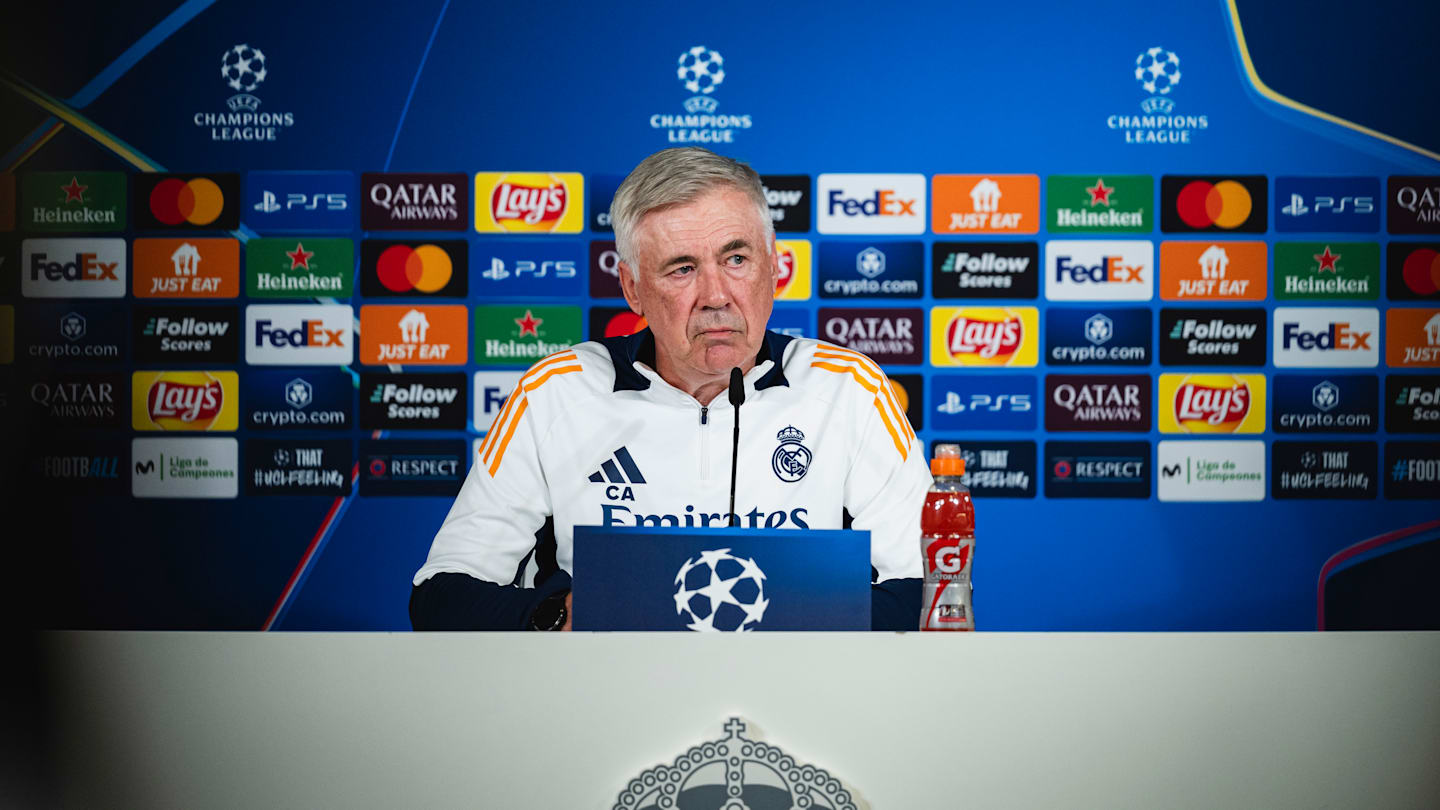Destiny is unpredictable, and it can smile or frown on anyone in the best and worst of circumstances. During my diplomatic career, I had the opportunity of working closely with IK Gujral, who was the external affairs minister (EAM) in 1996 and became the Prime Minister (PM) on April 21, 1997.

I don’t think IK, as he was known, ever thought he would become PM. His son, Naresh Gujral, a former member of the Rajya Sabha (RS), and a good friend, told me that his father retired to bed on that life-changing night when Harkishan Singh Surjeet, leader of the Communist Party of India (Marxist), and the chanakya of the precarious United Front (UF) government, called to say that IK was the coalition’s choice for PM, following HD Deve Gowda’s resignation.
I joined IK as his speech writer and aide. Before that, I was on leave in Delhi as my mother was unwell. However, the government had reneged on its promise to post me from Moscow to Delhi. I used this break to write The Great Indian Middle Class. One day, in July 1997, when I was about to finish the book, I got a call from the then newly appointed foreign secretary, K Raghunath, under whom I had worked. He said that the PM wanted my services. I listened but remained non-committal because Gujral as EAM had not helped in my posting to Delhi. Soon, thereafter, NN Vohra, a highly-respected bureaucrat and principal secretary to the PM, called with the same request. The PM then spoke to me himself, and I accepted the assignment.
Even his enemies would agree that IK was a thorough gentleman. Always urbane, well-dressed, soft-spoken, erudite and cultured, he was the quintessential Punjabi, having arrived in India as a refugee from Pakistan. His accent could not escape his Punjabi roots. I remember a speech I wrote for him for the Asia Society in New York. He complimented me for it but put a noticeable Punjabi twist in the delivery. As I watched with some dismay, Raghunath, normally undemonstrative, came to me and whispered: “Remember, a PM’s speech is meant to be read, not heard.”
IK had been arrested during the Quit India Movement in 1942 but was never a mass leader. He won only one Lok Sabha (LS) election from Jalandhar in 1989, but was a three-term member of the RS. In 1991, he contested the LS elections, improbably enough, from Patna. The story goes that Lalu Prasad Yadav backed his candidacy by saying that Gujral stood for Gujjar, a backward class community. IK won that election, but it was later countermanded for irregularities.
Yet, he was an astute politician with a mind of his own. When Emergency was declared in 1975, he was the minister for information and broadcasting. However, he was not willing to be Sanjay Gandhi’s doormat. Indira Gandhi then shunted him out as ambassador to Moscow, where he did an excellent job. He could also be a tough negotiator.
I remember, in particular, a brilliantly argumentative discussion he had (to which P Chidambaram was a witness) with then US secretary of state, Madeleine Albright, where she was completely outclassed. He will be remembered too for the Gujral Doctrine, where as a matter of strategy, he gave priority to improving relations with our neighbours, although his alleged decision to wind up our counter-intelligence network in Pakistan has been rightly criticised.
IK loved to interact with the media. Once, noted journalist Vir Sanghvi invited him to a studio in Noida. Normally, a PM would have said no. But IK agreed and asked me to accompany him. We drove to Safdarjung airport where a chopper took us to Noida. Since it was technically a visit by the PM to Uttar Pradesh, a senior cabinet minister received him. After the interview, we flew back to Safdarjung. The whole operation took hardly an hour.
His tenure lasted till March 1998 – less than a year. He died on November 30, 2012, just four days short of his 93rd birthday. His wife, Sheila Gujral, an accomplished poet and writer, had died a year earlier.
Pavan K Varma is author, diplomat, and former Member of Parliament (Rajya Sabha). Just Like That is a weekly column where Varma shares nuggets from the world of history, culture, literature, and personal reminiscences with HT Premium readers. The views expressed are personal















